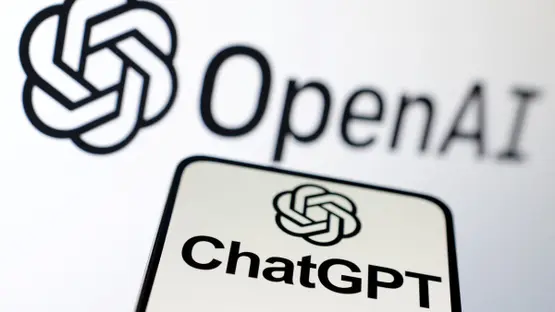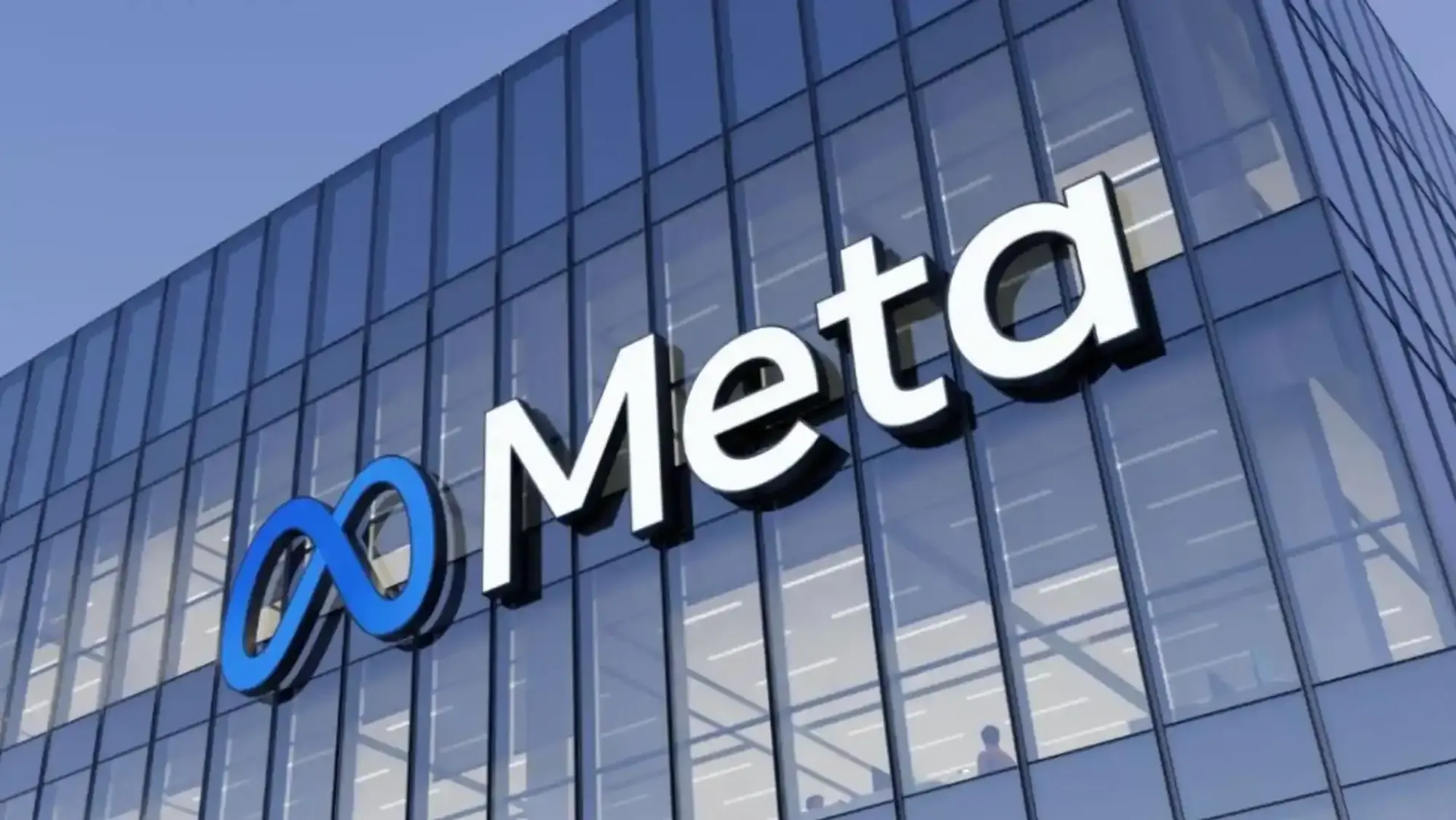San Francisco — OpenAI fired its latest salvo in the AI wars Tuesday, unveiling ChatGPT Atlas, an artificial intelligence-powered web browser that aims to fundamentally reshape how people interact with the internet and poses the most direct challenge yet to Google’s market dominance.
The launch marks a pivotal moment in the escalating competition between tech giants and AI startups over who will control the future of online information discovery. Shares of Alphabet, which owns the Chrome browser, fell 2.6% in afternoon trading following the announcement, signaling investor concerns about the potential disruption.
Reimagining the Browser Experience
CEO Sam Altman described Atlas as “an AI-powered web browser built around ChatGPT” that will allow people to converse with web pages, expressing confidence that chatbot interfaces will eventually replace the traditional URL bar.
“We think AI represents a rare once-in-a-decade opportunity to rethink what a browser can be about and how to use one,” Altman said during a livestream event. “Tabs were great, but we haven’t seen a lot of browser innovation since then”, he added, positioning Atlas as the next evolutionary leap in web browsing.
The browser is now available globally on Apple’s macOS, with support for Windows, iOS and Android coming soon. Unlike traditional browsers, each time a user visits a website within Atlas, they will see an “Ask ChatGPT” button that pulls up a sidebar to engage with what’s on the page.
AI Agent Capabilities Take Center Stage
The most distinctive feature of Atlas is its “agent mode,” which allows ChatGPT to take autonomous actions on behalf of users. The agent can help people complete a range of tasks, such as booking a flight, editing a document or ordering groceries. Users might open up a movie review and ask ChatGPT to summarize it, or find a recipe and ask ChatGPT to help order the ingredients for it online.
However, agents will only be available to ChatGPT Business, Plus and Pro users for now, creating a tiered experience between free and paid subscribers.
The killer feature for AI-powered browsers has been the built-in chatbot that sits in a side panel and automatically has context for whatever’s on your screen. This eliminates the friction of constantly copying and pasting content into a separate ChatGPT window—a workflow that has become common for millions of users.
Privacy and Personalization Balance
Atlas introduces a “memory” feature that tracks users’ browsing history to deliver more personalized results. When users first open Atlas, it prompts them to import data from other browsers they may be using, creating a memory base for Atlas that ChatGPT will reference.
The company has attempted to address inevitable privacy concerns. OpenAI said you can clear browsing history or browse incognito, and that the content browsed is not used to train the company’s AI models. Parental controls in Atlas will include the option for parents to turn off browser memories and agent mode.
A Crowded AI Browser Battlefield
OpenAI’s entry comes as browsers have rapidly become the AI industry’s next major battleground. A handful of startups have tried to capture this shift by launching AI-powered browsers of their own, such as Perplexity’s Comet and The Browser Company’s Dia. Perplexity, a well-funded startup known for its AI-powered search engine, launched its Comet browser just last week.
Meanwhile, Google and Microsoft haven’t stood still. Both have been racing to integrate AI capabilities into Chrome and Edge respectively. Google rolled out its own Gemini chatbot in Chrome last month for Mac and Windows desktop users in the U.S.
The Google Monopoly Question
The timing of Atlas’s launch is particularly notable given ongoing antitrust proceedings against Google. In a ruling last month, Judge Amit Mehta, who found a year ago that Google illegally maintained monopolies in online search, did not order the company to sell off its widely-used Chrome browser. The judge decided against forcing Google to sell Chrome, in part because of the competitive threat posed by newer AI companies like OpenAI.
Google Chrome is used by more than 3 billion people and currently holds more than two-thirds of the worldwide browser market, making it the undisputed leader. Whether OpenAI can make a significant dent in that dominance remains uncertain.
OpenAI’s Strategic Positioning
The browser launch is part of OpenAI’s broader strategy to expand beyond its core chatbot offering. OpenAI has said ChatGPT has more than 800 million users, although the San Francisco-based company has yet to turn a profit. Last month, OpenAI said it had 3 million paying business users for ChatGPT.
Last year, OpenAI hired two longtime Google vice presidents who were part of the original team that developed Google Chrome, signaling its serious intentions in the browser space months before Tuesday’s announcement.
“OpenAI’s browser puts pressure on Google,” Emarketer technology analyst Jacob Bourne noted. “This is another step in the AI race as tech companies try to make their AI interfaces the first point of contact for internet users”.
OpenAI has an opportunity to leverage ChatGPT’s immense popularity to win converts to its browser. However, Google has a significant infrastructure advantage in terms of providing browser capabilities to billions of users.
The Stakes for Search
The launch of Atlas represents more than just another browser option—it’s a fundamental challenge to how people have accessed information online for the past two decades. If successful, it could accelerate the shift away from traditional search engines toward conversational AI interfaces.
For Google, which derives the majority of its revenue from search advertising, the threat is existential. The company has already acknowledged OpenAI’s ChatGPT as a competitive menace and has been racing to integrate its own AI capabilities across its product ecosystem.
As the browser wars enter this new AI-powered phase, the ultimate winner will likely be determined not by technical superiority alone, but by which company can best balance innovation, user experience, privacy protection, and the entrenched habits of billions of internet users.
The atlas metaphor seems apt: OpenAI is attempting to redraw the map of how we navigate the digital world. Whether users will follow remains the defining question of this latest chapter in tech competition.




